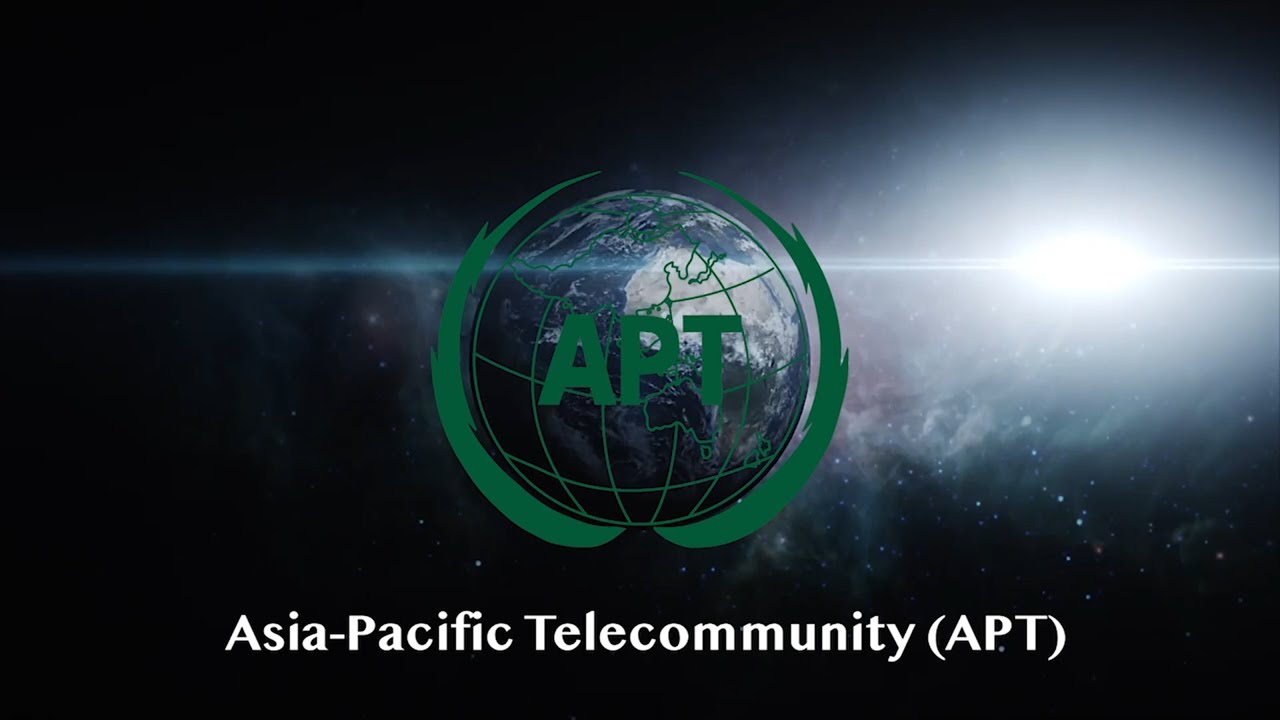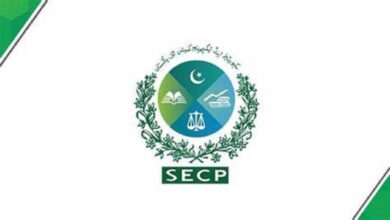Frontiers of Technology: SATRC Policy, Regulation & Services Workshop 2023

South Asian Telecommunication Regulators’ Council (SATRC) was established in 1997 by an initiative of the Asia-Pacific Telecommunity (APT) and International Telecom Union (ITU) Regional Office for Asia and the Pacific. This council serves as a platform for South Asian countries to discuss and coordinate their telecommunication and ICT policies and regulations, focusing on areas of common interest. Comprising the highest-level representatives from ICT regulatory bodies in the region, SATRC plays a vital role in shaping the telecommunications landscape in South Asia.
Currently, SATRC consists of nine member countries: Afghanistan, Bangladesh, Bhutan, India, Iran, Maldives, Nepal, Pakistan, and Sri Lanka. The 22nd SATRC Meeting in 2021 adopted Action Plan Phase VIII for the duration of the year 2022-23 and carried forward two Working Groups: Policy, Regulation & Services (WG PRS) and Spectrum (WG SPEC). WG PRS is chaired by Pakistan Telecommunication Authority (PTA). It deals with the issues related to policy, regulation, and services in the region.
This year’s SATRC Workshop on Policy, Regulations & Services was organized by APT and hosted by PTA from 08-10 May 2023 in Islamabad, Pakistan. The objective of the workshop was to facilitate the sharing of insights, experiences, and best practices, and engage in a productive dialogue to identify challenges, opportunities, and possible ways forward on the work items adopted under the agenda of SATRC Phase VIII . The workshop consisted of 10 sessions spread over three days, each focusing on important contemporary topics and trends on technology, ICTs, and telecommunication.
The workshop brought together nine telecom regulators from South Asian countries. Overall, the workshop featured 30+ ICT experts from over 15 countries as speakers, covering 36 presentations/talks grouped in sessions that were moderated by 09 seasoned leaders from the ICT sector. The workshop featured a diverse group of attendees, including policymakers, national regulators, telecom industry representatives, satellite network professionals, equipment vendors, leading IT and internet companies, academia, prominent ICT consultants, and industry associations from the telecom and internet sectors. Further, due to the hybrid nature of the workshop, in additional to 100+ physical attendees, 80+ participants also virtually joined the online coverage of the whole event and interacted with the panel of experts through their questions & comments.
Some of the key points & takeaways of the workshop were as follows: 1) In the 5G related sessions, the importance of Optical Fiber backbone connectivity was highlighted for the success of 5G. Further 5G Use Cases discovery and adoption, beyond traditional Mobile Broadband (MBB), across industry verticals & leveraging low latency & massive IOT features of technology will enable confident investments, shorter ROI & quicker uptake.
Therefore, supportive policy measures need to be ensured that enable & advances 5G. 2) OTT Services & Applications experts detailed the challenges, rapid update and comparatively shorter life cycle for majority of applications – these include social media, video streaming platforms, user content platforms, e-commerce and voice/video telephony. Some discussion areas were regarding: localization of OTT Communication Platforms, licensing/registration of OTT platforms competition aspects and data protection & privacy. 3) Telecom Active Infrastructure Sharing presentations were generally in agreement about its benefits and its enabling role to speed up the expansion of broadband as well adoption of new Radio Access Technologies (e.g. 5G NR). It is an established tool to downsize deployment and operational costs in mobile and fixed broadband networks, enabling faster broadband network deployment.
NGSO Satellite Constellations is a novel & emerging technology that brings space internet to any place on the planet using Low Earth Orbit (LEO) / Medium Earth Orbit (MEO) satellite constellations. Different countries highlighted the regulatory challenges in introducing the licensing framework for these players. Some key areas of focus are: Co-existence of NGSO Satellites constellation with operational GSO (Geo Stationary Orbit) satellites (frequency co-ordination), space safety & sustainability and impact on terrestrial broadband services & rural connectivity.
The workshop also featured a well moderated session on Emerging Technologies in which experts highlighted evolution of Radio LAN (RLAN) technology i.e. Wi-Fi 6E & how it helps to improve user experience especially indoors with the emergence of applications like online gaming, AR/VR (Augmented Reality/Virtual Reality), local/home media server for video streaming & cloud based services. In addition, ethical challenges posed by deep fakes & AI and block chain technology were also discussed. The need of new and dynamic governance frameworks including policy and regulations to ensure inclusiveness and equitable benefit was accentuated. The final session was about the New Context of Regulation: Sustainability & Collaborative Regulations in South Asia Region.
This was of critical importance as we navigate the rapidly evolving landscape of the telecom sector. Electronic waste (e-waste) issue was described by experts from academia, its situation & impact in Pakistan and emphasis was made on the need for a collaborative framework & policy to address & manage it. ICT related e-waste comprises approx. 30% of the total e-waste imported & locally discarded hardware. As part of PTA national collaborative governance initiative with other regulators in Pakistan, Pakistan power regulator (NEPRA) highlighted the role of ICT & cybersecurity under the topic “power with security”. The audience was informed about International Telecom Union (ITU) Generation 5 (G5) program and the initiatives undertaken & completed. PTA Is currently ranked “Advanced” G5 regulator & “Road to G5 Regulator” program is in execution to achieve “Leading” G5 regulator ranking.
SATRC PRS workshop was a resounding success and praise was extended by Asia-Pacific Telecommunity (APT) Secretary General, Masanori Kondo, and all physical & online participants. The dedication, expertise, and enthusiasm of moderators, speakers & organizers were instrumental in creating an engaging and informative environment for all participants.
In conclusion, the SATRC Workshop on Policy, Regulations & Services was a platform for meaningful discussions and networking among diverse stakeholders. This collaborative event has set the stage for future partnerships and cooperation, ultimately contributing to the growth and development of South Asia’s telecommunications and ICT sector.
This article was written in collaboration with Ch. Mudassar Naveed, DG S&D, Pakistan Telecommunication Authority (PTA).
Also read:
PTA to Hire Consultants for Telecom Sector Taxation
PTA Taxes Portal
Find PTA Taxes on All Phones on a Single Page using the PhoneWorld PTA Taxes Portal
Explore NowFollow us on Google News!





